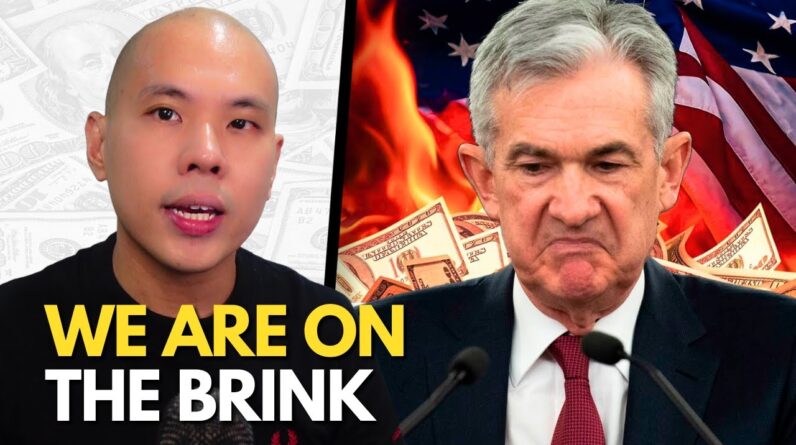Welcome to our blog post where we explore the profound impact of Middle East boycotts on US brands. In this article, we aim to shed light on the consequences that these boycotts bring and the underlying shame that surrounds them. Join us as we delve into the intricacies of this topic and uncover the far-reaching implications for American businesses operating in the Middle East.
The Impact of Middle East BOYCOTTS on US Brands: Unveiling the Consequences and the Shame Surrounding Them
Introduction:
In recent years, the Middle East has witnessed a wave of boycotts targeting American brands. This phenomenon has gained traction, leading to significant consequences for iconic American companies such as McDonald’s and Starbucks. The CEOs of these brands have expressed their frustration regarding the worsening situation. The boycotts not only pose a risk to the US stock market but also threaten to spiral out of control without a lasting ceasefire. It is worth noting that the boycotts have not only affected traditional markets but have also spread to new countries like Iraq and Syria. The financial war against the US and the support for Israel are intensifying, making US brands the latest casualties of the chaos in the Gulf.
Middle East Boycotts: Worsening the Situation
-
Iconic American brands like McDonald’s and Starbucks are affected:
- These brands have been met with fierce resistance in the Middle East, leading to the closure of several branches.
- The boycotts have led to a decline in their market share and revenue in the region.
-
CEOs of these companies expressing frustration:
- The CEOs have openly expressed their disappointment and concern over the escalating boycotts.
- They fear a potential long-term impact on their global brand image and profitability.
-
Boycotts pose a risk to the US stock market:
The Spiraling Consequences:
-
The boycotts spreading to new countries like Iraq and Syria:
- The boycott movement that started in one country has gained momentum and crossed geographical borders.
- This expansion further exacerbates the consequences faced by American brands.
-
Intensifying financial war against the US and support for Israel:
- The boycotts are part of a broader campaign aiming to financially pressure the US and showcase support for Israel’s adversaries.
- It reflects the ongoing tension and power struggle in the region.
-
US brands as the latest casualties of the chaos in the Gulf:
- The Middle East, already rife with conflicts, is exhibiting a new battleground against American brands.
- The boycotts signify the growing anti-American sentiment in the region and could have far-reaching effects on global perception.
Conclusion:
The impact of Middle East boycotts on US brands cannot be underestimated. As iconic American companies like McDonald’s and Starbucks face closures and a decline in revenue, the CEOs express their frustration. The boycotts not only pose a risk to the US stock market but also spread to neighboring countries, intensifying the financial war against the US and support for Israel. It is crucial for all parties involved to find a lasting ceasefire and address the underlying issues to prevent further escalation. The consequences and shame surrounding these boycotts highlight the need for dialogue and understanding in an increasingly interconnected world.
Unique FAQs:
-
Are all American brands affected by Middle East boycotts?
No, not all American brands are affected. However, iconic brands like McDonald’s and Starbucks have experienced significant repercussions. -
Is the impact limited to the Middle East region?
The impact is not limited to the Middle East region. The boycotts have spread to new countries like Iraq and Syria, reflecting a broader sentiment. -
How are these boycotts connected to the financial war against the US?
These boycotts are part of a larger campaign aiming to financially pressure the US. The boycotters perceive support for American brands as support for Israel. -
Are there any efforts to mitigate the consequences faced by US brands?
Efforts are being made by affected companies and diplomatic channels to find solutions and mitigate the consequences faced by US brands. -
Can the boycotts lead to a lasting ceasefire?
While the boycotts are a reflection of existing tensions, finding a lasting ceasefire requires addressing the underlying issues through diplomatic efforts and dialogue.










